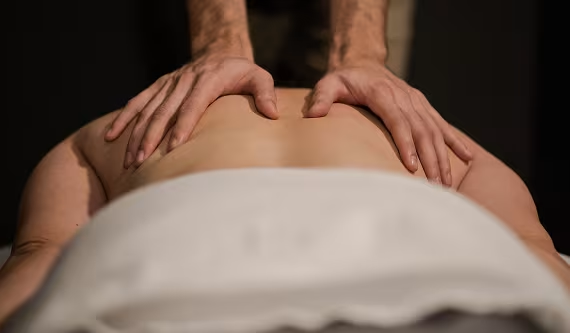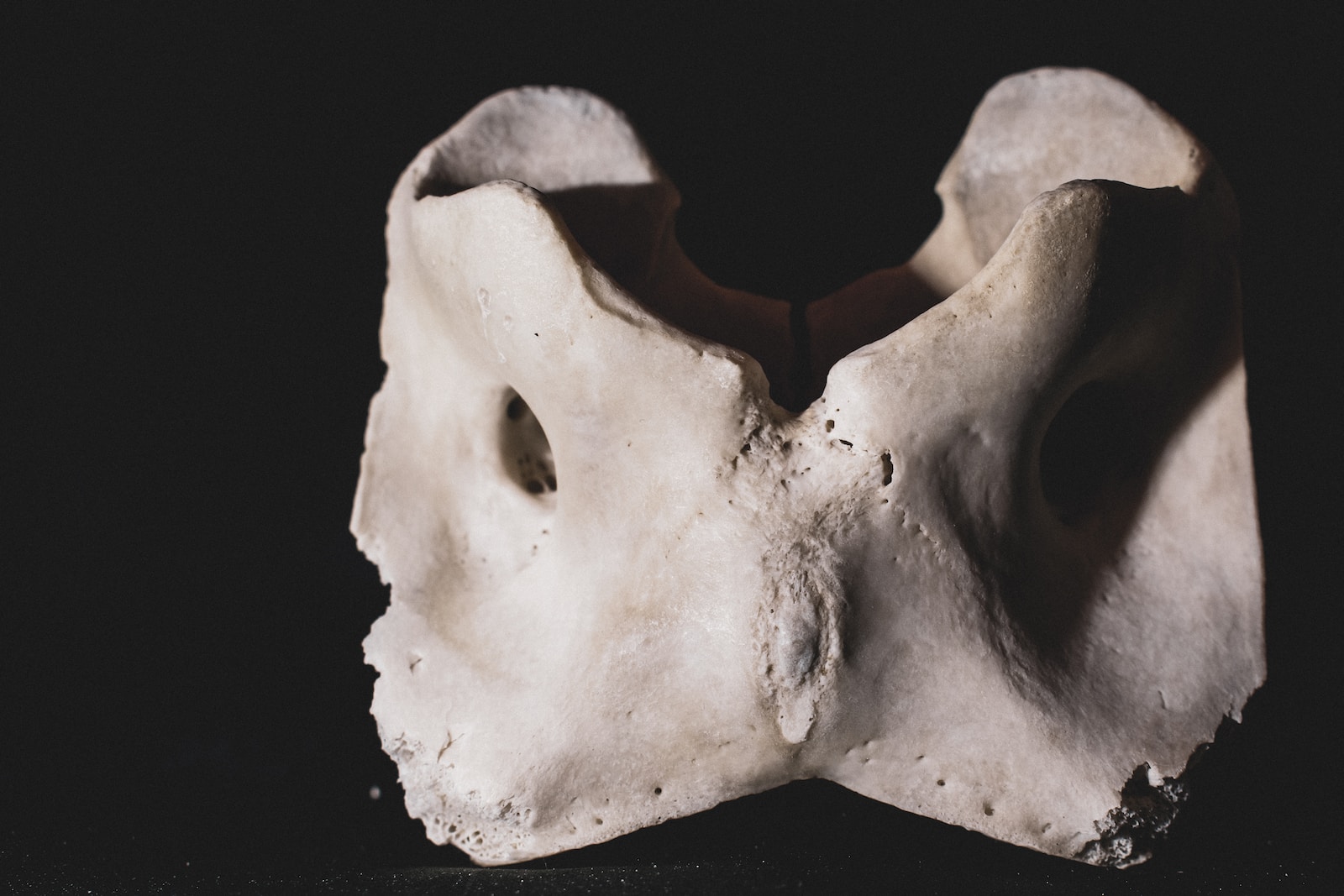Pain is an unpleasant sensation that everyone experiences at some point in their life. It can be caused by various factors, including injury, disease, or inflammation. Pain management is a branch of medicine that focuses on relieving pain and improving a patient’s quality of life. In this article, we will discuss the basics of pain management, including the types of pain, common pain management techniques, medications for pain relief, and lifestyle changes to manage chronic pain.
Types of Pain and their Causes
Pain can be classified into two types: acute and chronic pain. Acute pain is sudden and usually lasts for a short time, whereas chronic pain lasts for weeks, months, or even years. The causes of pain can vary, and they include:
- Injury: This could be from an accident, sports injury, or a fall.
- Illness: Chronic diseases such as arthritis, cancer, and fibromyalgia can cause pain.
- Inflammation: Pain can occur due to inflammation in the body, such as from a dental abscess or rheumatoid arthritis.
Common Pain Management Techniques
There are various pain management techniques that doctors use to relieve pain, and they include:
- Physical therapy: This involves exercises and stretches to improve mobility and reduce pain.
- Acupuncture: This traditional Chinese medicine involves inserting needles into specific points in the body to relieve pain.
- Massage therapy: This involves applying pressure to specific areas of the body to reduce muscle tension and pain.
- Heat and cold therapy: Applying heat or cold to the affected area can help reduce pain and inflammation.
Medications for Pain Relief
There are different types of medications used to manage pain, and they include:
- Over-the-counter pain relievers: Medications such as acetaminophen, aspirin, and ibuprofen can help relieve mild to moderate pain.
- Opioids: These are powerful pain relievers that are used for severe pain. They can be addictive, and doctors prescribe them cautiously.
- Antidepressants: Certain antidepressants such as amitriptyline and duloxetine can help manage chronic pain.
- Corticosteroids: These are anti-inflammatory medications used to reduce pain and inflammation in the body.
Lifestyle Changes to Manage Chronic Pain
In addition to medication and pain management techniques, making certain lifestyle changes can help manage chronic pain. They include:
- Exercise: Regular exercise can help reduce pain and improve mobility.
- Diet: Eating a healthy diet can help reduce inflammation in the body, which can lead to pain reduction.
- Stress management: Stress can worsen pain, so managing stress through relaxation techniques such as meditation, yoga, or deep breathing can be helpful.
- Sleep: Getting enough sleep is crucial for pain management as it allows the body to rest and repair itself.
In conclusion, pain management is an essential part of healthcare, and there are various techniques and strategies that doctors use to help patients manage pain. It is crucial to work with your healthcare provider to determine the best pain management plan for your specific needs. By understanding the basics of pain management, patients can take an active role in their care and improve their quality of life.





